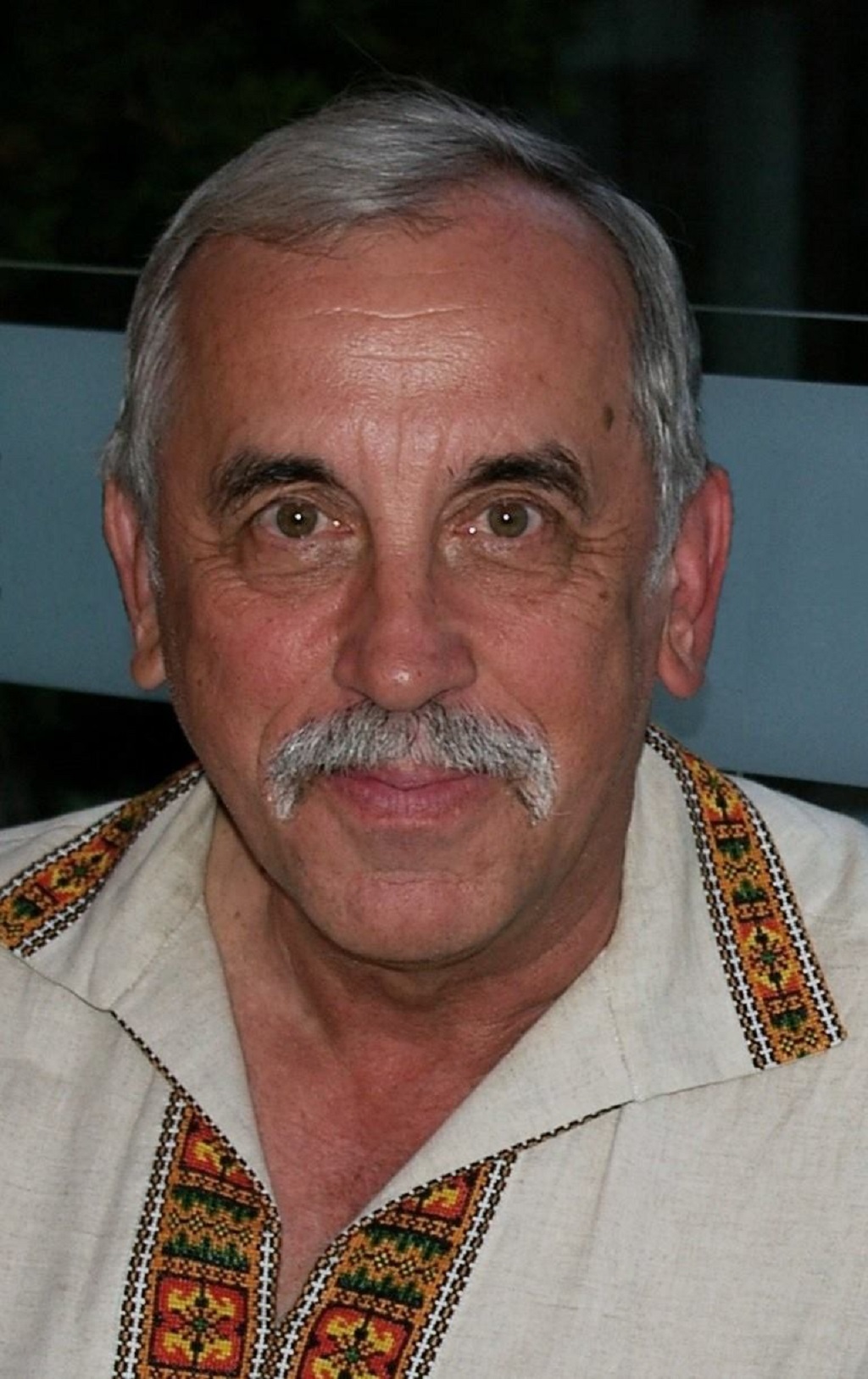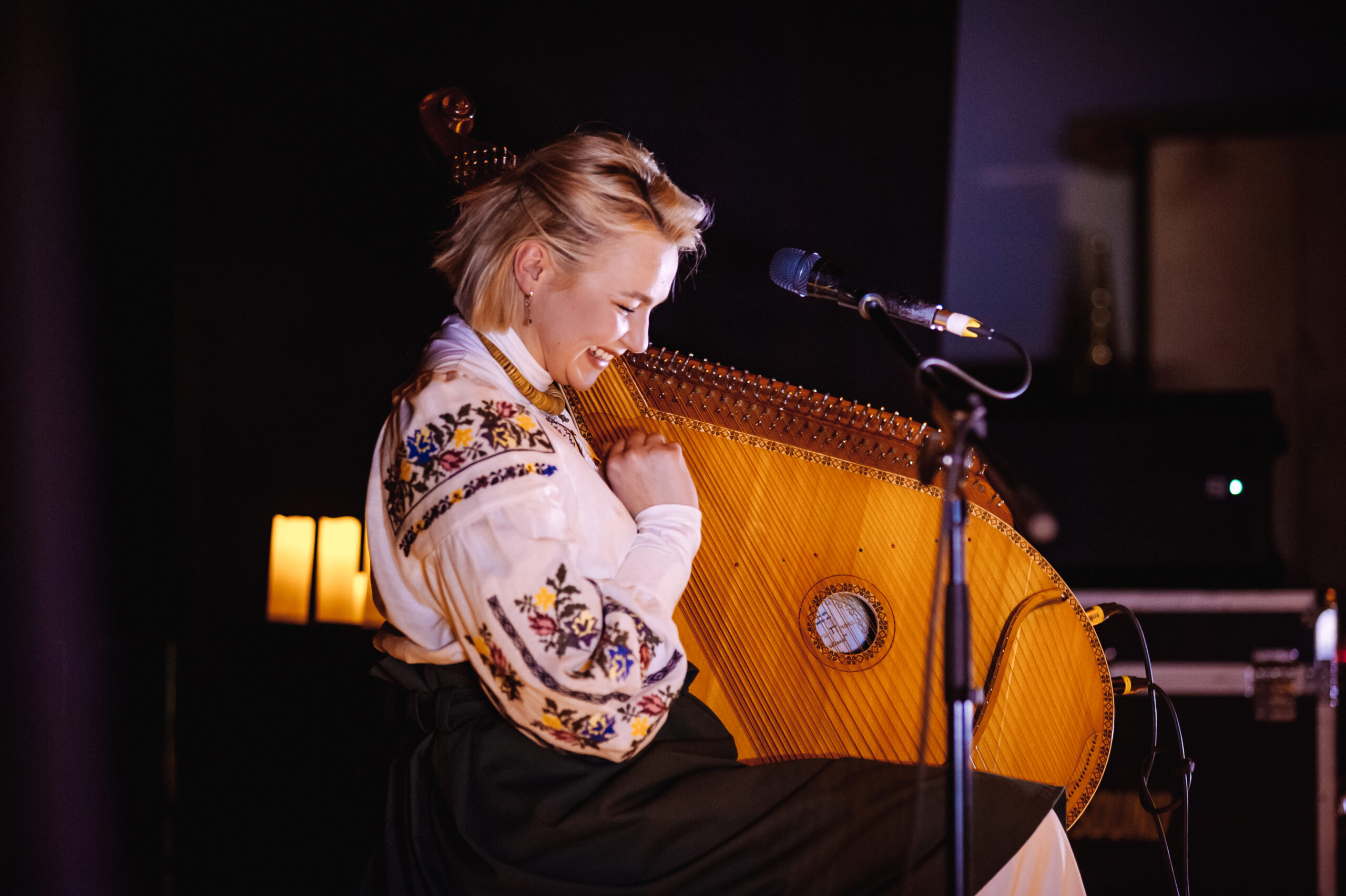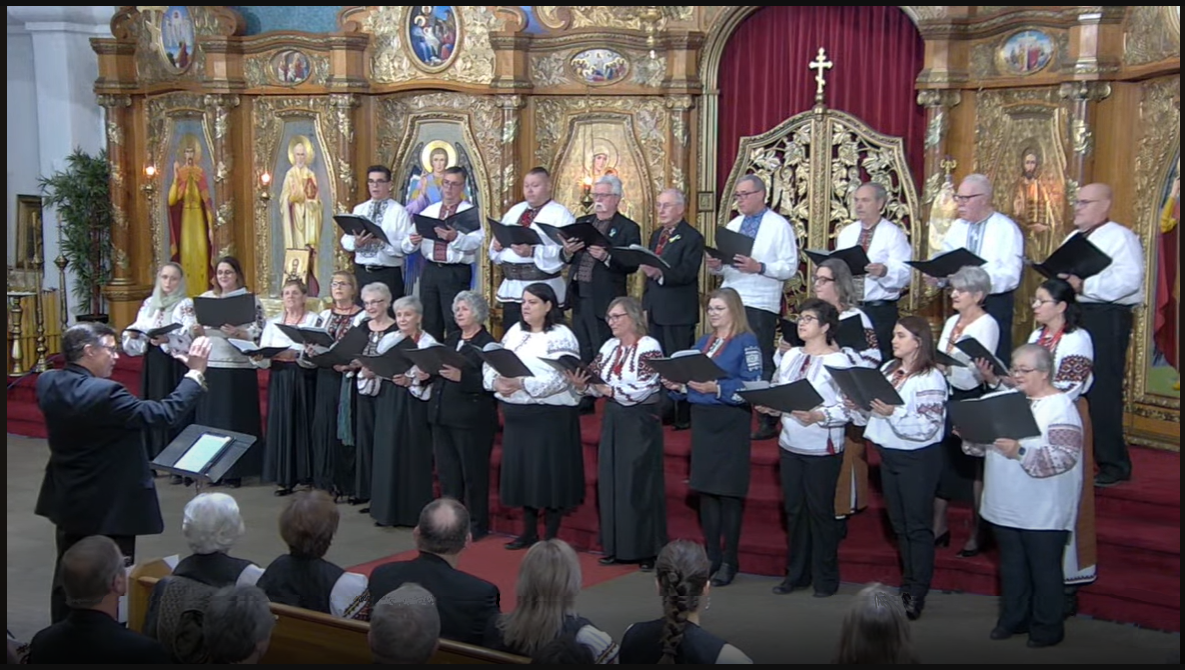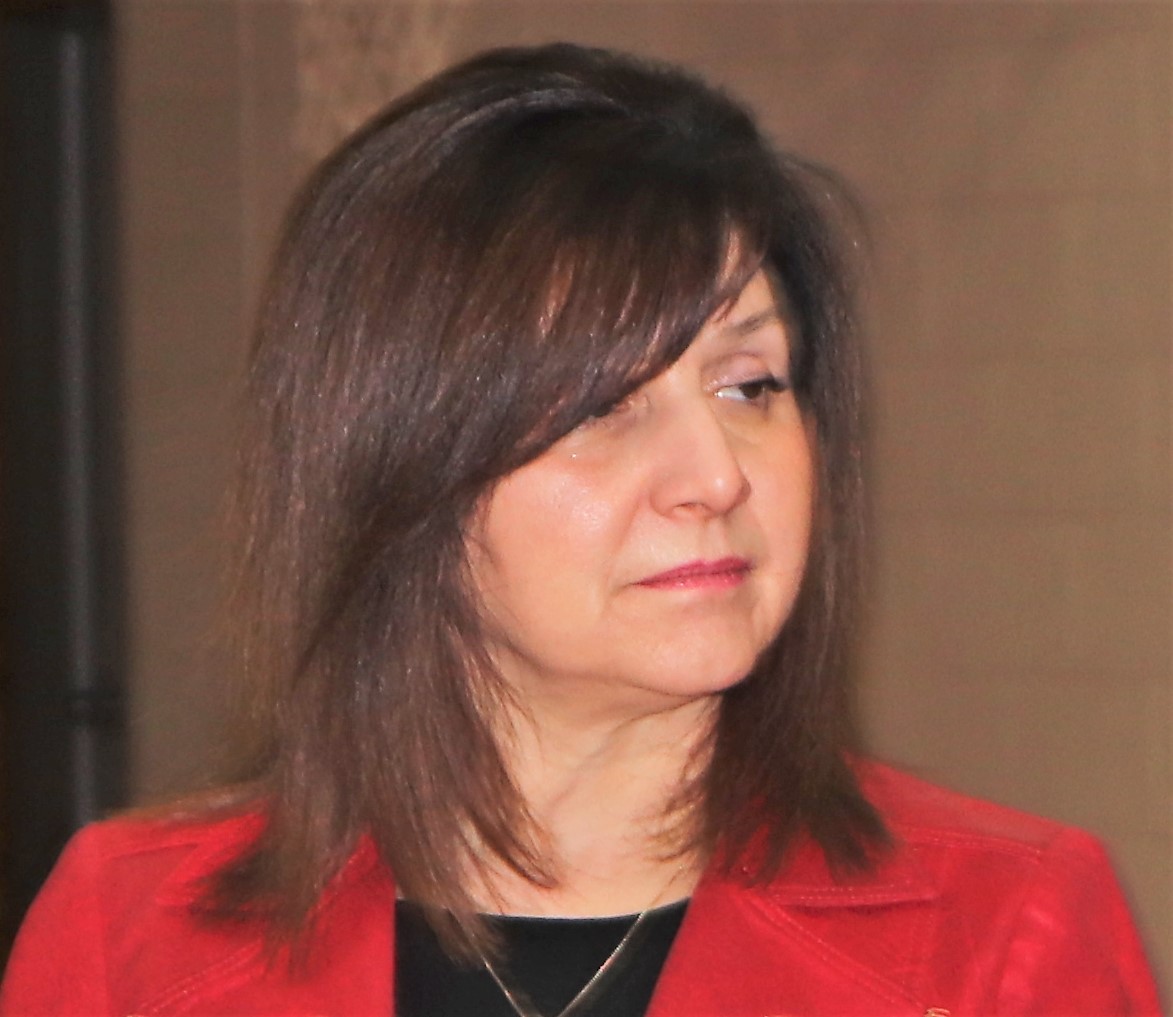Volodymyr Kish.
As a writer I have always been fascinated with words and particularly their origins, a field of study known to professional linguists as etymology, a word that I find fascinating for some inexplicable reason. Most of the time, we use words without really knowing or frankly, caring, where they came from. Finding the words to express ourselves is a pretty automatic and subconscious process that we develop at a fairly early age.
When we are born, we obviously start with a vocabulary of zero words. We communicate exclusively through crying and facial or bodily postures. This period thankfully does not last long. According to the experts, by the time we are four years old, we have acquired a vocabulary of about 5,000 words. By the age of eight, we have doubled that to 10,000 words. As adults, we typically have developed an average store of about 40,000 words, though only about half that number of words are used on any kind of regular basis. In fact, for most people, 90% of their conversations involve the use of only the most common 1,000 words.
Of course, these numbers vary greatly by country and ethnic group. The language that I am most fluent in is of course, English. Most people mistakenly believe that it is the most commonly spoken language on earth. However, there are only some 370 million native speakers that can claim English as their first or primary language. This is moderated by the fact that almost another billion people speak English as a secondary language. The language with the most native speakers is unsurprisingly Mandarin Chinese, with about 1.1 billion people claiming it as their primary tongue.
The English language with which I am most familiar, contains somewhere around half a million words. The Ukrainian language, which I also profess to speak, though somewhat imperfectly, has about half as many words. Both of these languages are of similar historical age, though English had experienced more exposure and development due to historical circumstances. Both are also part of the same branch of languages called Indo-European that have their origins in the general area of the Indian sub-continent and evolved into all the languages that are now found in Europe and most of Southwest Asia. Many years back, I once wrote a column about the number of Ukrainian words that are derived from and still are very similar to words in ancient Sanskrit.
Languages are dynamic, growing and changing as a result of cross-pollination due to contact with other languages and cultures. The British, because of their aggressive imperialistic past, have spread their native language worldwide, while at the same time absorbing words and phrases from wherever the Union Jack was ever planted. It should be noted however, that there is no such thing as a “standard” form of English. The English spoken at the University of Oxford is quite different from the English you will hear at a Cockney pub in London, a rugby match in Australia, a bar in in Boston, the streets of Jamaica, a ‘hood’ in the Bronx, a wharf in Newfoundland, a market in Hong Kong or a restaurant in Delhi.
I know three languages (English, French and Ukrainian) relatively well, and though there is a fair amount of commonality in terms of structure and grammar, each has its charms and eccentricities. Both French and Ukrainian have a fairly complicated set of tenses and conjugations, whereas English has fortunately dispensed with most of these grammatical constructs without unduly sacrificing clarity, precision and comprehensibility. As a result, English is a more flexible and open language than either French or Ukrainian which have more rigid usage requirements and are consequently harder to learn.
To a large degree, most languages reflect in some way the geographical and cultural environments in which they developed. For instance, the Inuit people in Canada’s far north have some forty or fifty different words for snow. The Sami people that live in Northern Scandinavia have even more – apparently some 180 different words for ice or snow. Now I don’t know what it says about English culture, but apparently there are some 2,985 different words meaning “drunk” in the English language, which apparently is also a Guinness World Record. Methinks this may be a good subject area for further socio-cultural research!
The most commonly used words in any language are likely the proper names we use to identify each other as individuals. My Ukrainian name Volodymyr is derived from the conjunction of two root words – “volod” meaning “master of”, and “myr” which depending on which linguistic historian you refer to means either “peace” or “glorious”. Being master of very little and enjoying only a modicum of peace or glory in my life, perhaps I should find a better word to identify myself.
Share on Social Media





































